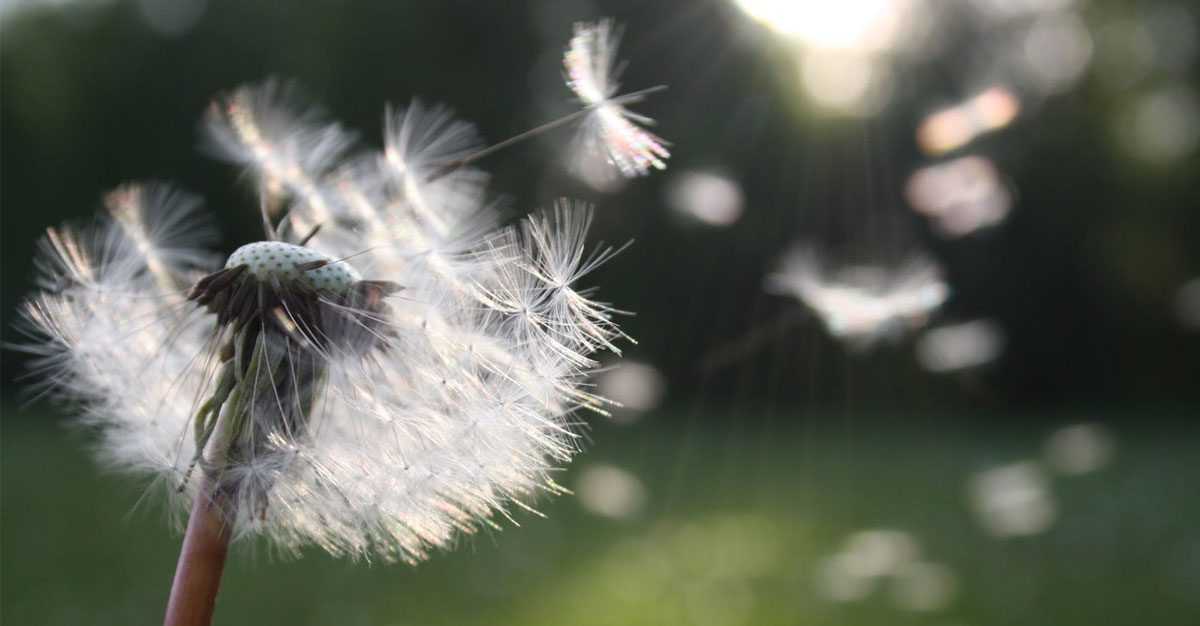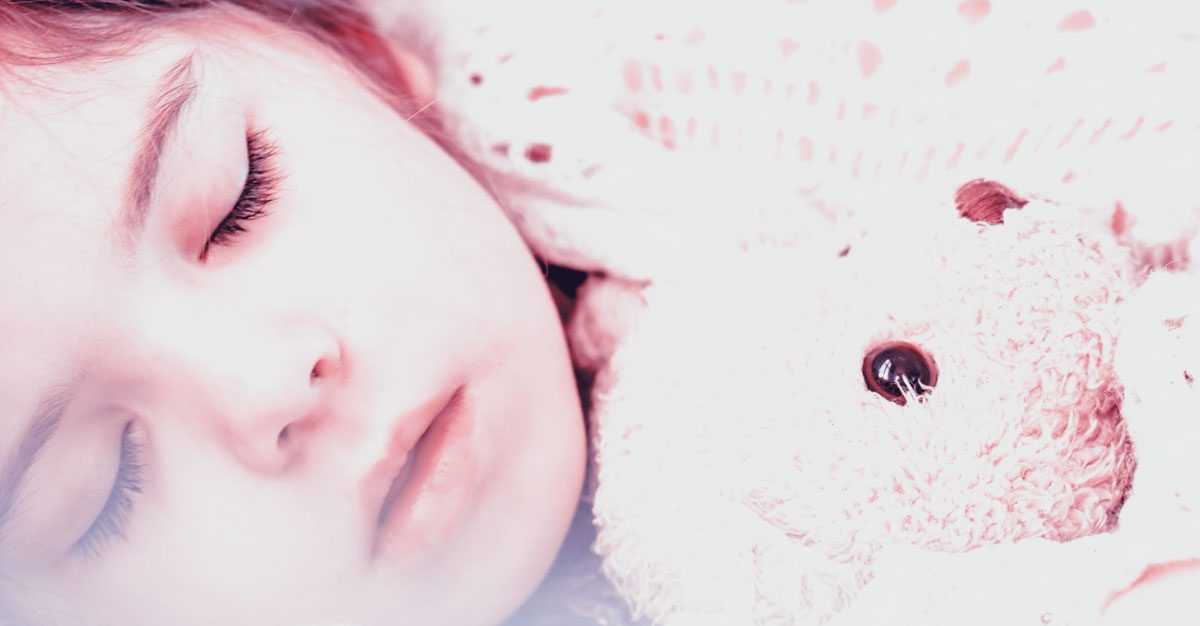Childhood is that phase of your life when your body grows and responds to the constantly changing conditions, one of these responses is to develop an allergy. Childhood allergies are quite common throughout the world. Any child can develop an allergy, however, children of families having a history with such reactions are more vulnerable. If you have a family history of certain allergies book an appointment with the best allergy specialist in Karachi, Lahore or any other main city of Pakistan to know how to manage and treat that particular allergy.
Symptoms of an Allergy:
Usually, an allergic reaction will show the following common symptoms:
- Coughing and sneezing
- Itchy, watery eyes
- A runny nose
- Trouble in breathing (asthma) or worsening of an already present respiratory disorder
- Stomach-aches and nausea


- Skin rashes (eczema)-Marham helps you avail the opportunity of online consultation and online appointment booking with the best dermatologists in Islamabad, Karachi, and Lahore.
5 Most Common Childhood Allergies:
Most common childhood allergies are mentioned below:
1. Pollen Allergy (hay fever):
Also known as allergic rhinitis, pollen allergy is caused by the pollens of trees, grasses, weeds, and flowers when they are dispersed in the air. Pollen allergy reaches its peak during the spring season when the pollen count is the highest.
2. Food Allergy:
Food allergies are the most dominant type of childhood allergies. Allergic reactions are caused due to a particular type of food. The eight foods which contribute to 90% of the food allergies are:
- Peanuts
- Eggs
- Milk
- Fish (cod, bass, and flounder)
- Shellfish (lobster, crab, and shrimp)
- Tree nuts (cashews, almonds, and walnuts)
- Wheat
- Soy
3. Dust Allergy:
Dust particles also cause allergic symptoms like itchy and burning feeling in the throat, runny nose, itchy and watery eyes, cough, and sneezing in many children.


4. Mold Allergy:
The mold that grows on rotten foods produces spores when they mature. These spores when present in the air makes your eyes water, cause breathing difficulty, and excessive coughing.
5. Pet Allergy:
Pet allergy is not linked with the animal itself, instead, it’s the dander (dead skin cells), saliva, fur, and urine that causes allergic symptoms. If your child has pets and he/she sneezes and wheezes a lot after playing with the animal, it means that you should have them checked for animal allergies.
Allergic symptoms are a sign that your child has a sensitive immune system. Usually, they are treatable and do not bring any serious health concerns but in some severe cases (mostly in food allergies), the symptoms may prove to be life-threatening. Therefore, clinical care should be taken regarding your child’s allergy.





